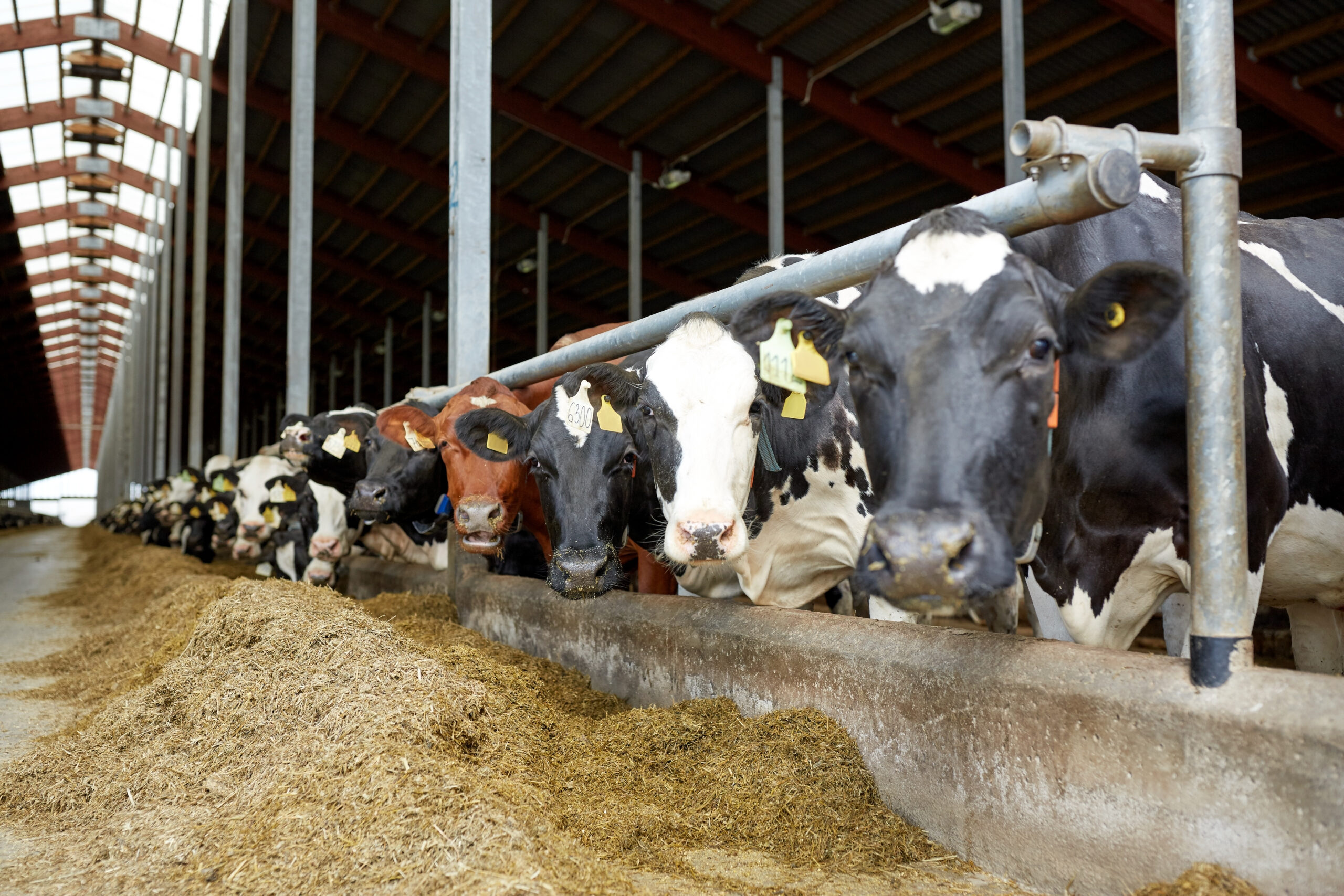Written by: Leanna Sweha, JD
The United Nations Intergovernmental Panel on Climate Change (IPCC) has called for accelerated mitigation in the global agrifood system in a report released in the spring. Drilling down into its specific recommendations, we can see how The VINE is positioned to play a major role in achieving the IPCC’s mitigation goals and supporting the United Nations’ Sustainable Development Goals.
Climate change mitigation is defined generally as human interventions that reduce emissions or enhance sinks for greenhouse gasses. According to the IPPC, agriculture provides the second largest share of climate change mitigation potential of any sector and therefore must play a major role in global climate change mitigation.
The report calls for accelerated mitigation to close emission gaps and looks specifically to innovation in food and agriculture as a driver of mitigation.
The report states, “sustainable intensification, shifting diets, and reducing food waste could enhance efficiencies and reduce agricultural land needs.” In addition, “emerging technologies have the potential to substantially increase methane mitigation potential beyond current estimates.”
The report specifically mentions the potential for new food technologies, such as cellular fermentation, cultured meat, plant-based alternatives, and controlled environment agriculture, to “bring substantial reductions in direct greenhouse gas emissions from food production.”
Many mitigation options are “available and ready to deploy” and can have a relatively quick impact on emissions reductions. However, it also notes that insufficient investment has been made in mitigation technology in the agriculture and food sector. “To date $0.7 billion per year is estimated to have been spent on…mitigation. This is well short of the more than $400 billion per year estimated to be necessary…”
The VINE plays a critical role in increasing the investment made in commercializing and scaling science and technology breakthroughs to mitigate climate change. The VINE network and its support programs help close the commercialization gap for startups with promising new technology in agriculture, food and biotech.
Take, for example, the VINE-led Sustainable Dairy Roadmap/Dairy Challenges and Innovation in California, the Netherlands, Denmark and others, to identify global innovations and solution pathways for net-zero dairies.
Among the effort’s prioritized challenges is reducing livestock nitrates and greenhouse gas emissions. This includes methane from manure and enteric methane, which is the gas generated from fermentation within the cow rumen.
In California, dairy manure accounts for 25 percent and enteric methane for 20 percent of dairy methane emissions. The state has passed legislation to reduce methane emissions by 40 percent by 2050 and offers assistance programs for this purpose.
In the Netherlands, law currently limits the amount of specific manure fractions that can be used as chemical fertilizer substitutes. However, it is expected that the EU will soon allow for greater manure fractions to substitute for chemical fertilizers in response to rising synthetic fertilizer prices, which will stimulate the demand for manure and create new opportunities for dairies.
These incentives, together with the power of The VINE network, will aid the effort to accelerate industry adoption of solutions for sustainable dairies locally and globally.
In addition, new technology solutions have the potential to greatly strengthen the dairy workforce in both countries and across the globe. This will contribute to meeting the United Nations’ Sustainable Development Goal to reduce inequality and poverty as an ancillary benefit of climate change mitigation.

